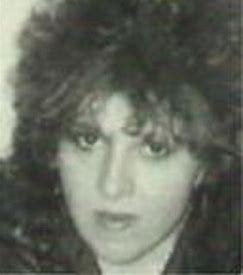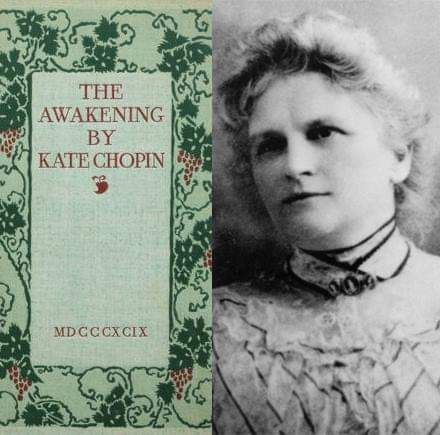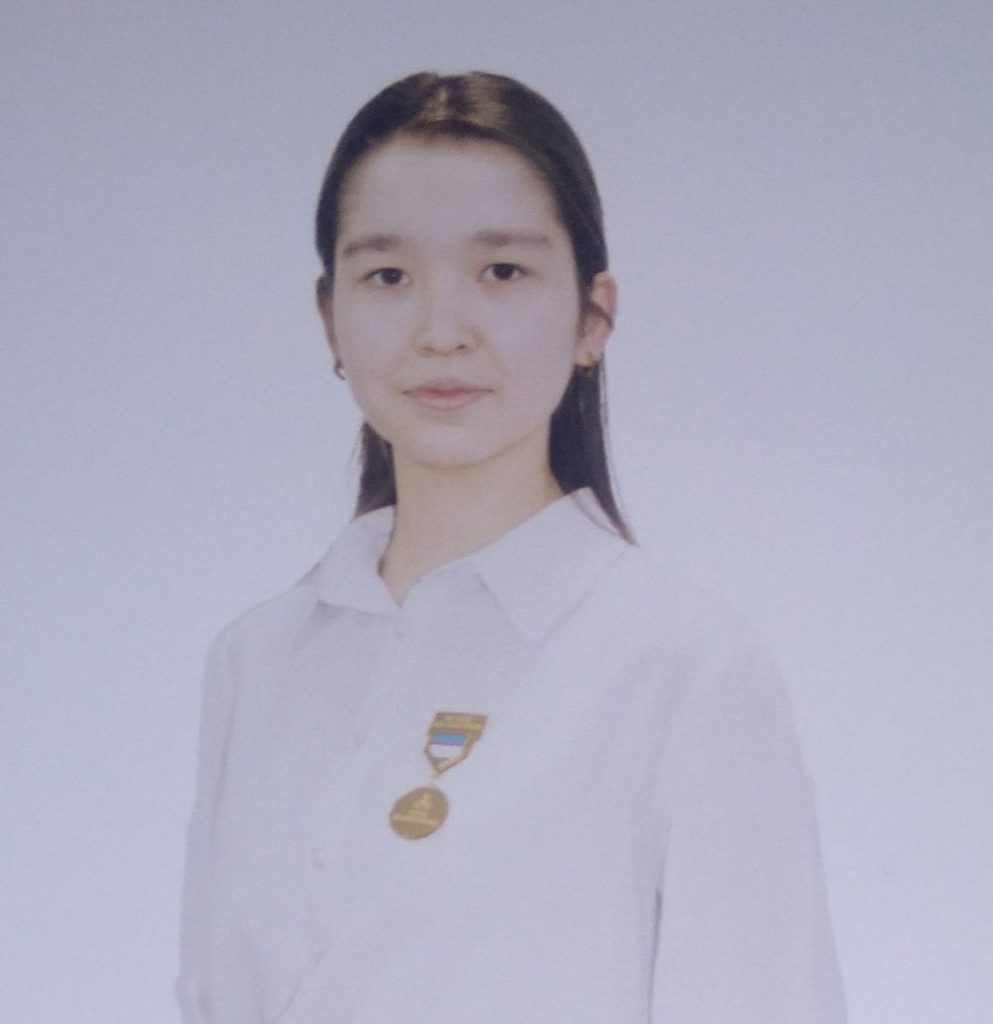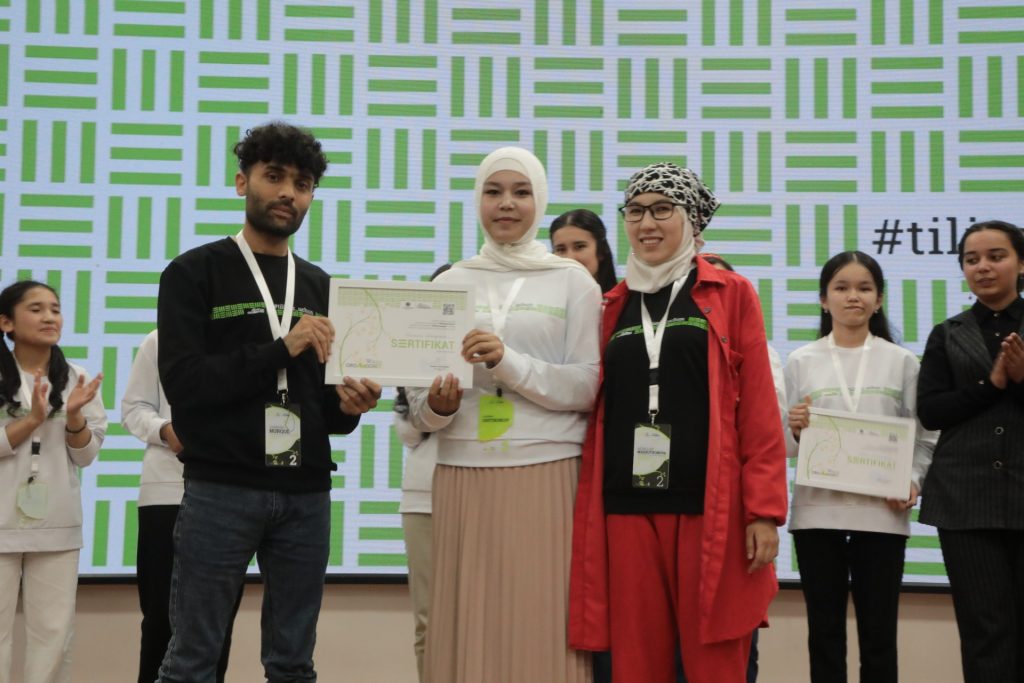Inside Information
Theresa stood frowning thoughtfully at the framed photo of her and Mike at their wedding reception. The pair of them, cutting the huge cake, resembled the miniatures atop the cake itself. Mike, tall and buff in his black tux and Theresa in her lacy dress, all very traditional. Just the way that Mike’s mom insisted it be. Dawn, Theresa’s sister, had laughed at the virginity and innocence that the ivory gown implied. Theresa and Mike had, after all, lived together for a year prior to their nuptials. Theresa’s mind drifted back to those earlier times, as it often did. She could almost feel the expensive champagne tickling her nose.
A sudden pounding at the front door jarred Theresa from her reverie; it had to be her sister. She was the only one who demanded entrance with such vigor. Probably a holdover from their childhood; Dawn, at 33, was two years older than her sister. Theresa pulled open the door.
“Hi Sis,” gushed Dawn, the way that she did, charging into the living room.
“What’s got you so excited?” asked Theresa. She immediately regretted the question when she saw the expression of insane determination on her sister’s face. This could mean only one thing, Theresa knew.
“I’ve got the perfect guy for you, Te,” Dawn said without preamble. “He’s an actuary, Works at the same firm I do. Makes good money, has one little girl, four-years-old, I think…”
But Theresa was already shaking her head no. “I told you, I’m not ready to date yet,” she said.
“Baby, you and Mike split up more than two years ago,” said Dawn insistently. “You’ve got to get out there and meet people. Date, go out, fool around. He’s a grad of CU, like me, but he was three years ahead of me.”
“Easy for you to say,” replied Theresa, though she knew her sister had a point. Although Mike was out of her life for good, forever, the emotional turmoil lingered, like a bad cold.
“His name’s Doug,” Dawn continued. “He’s free Saturday.” But Theresa was again shaking her head no. “C’mon, Sis, he’s cute,” added Dawn.
“But, that’s the afternoon of your party,” said Theresa.
“So, Doug will pick you up at, say, one, and bring you by. And if there’s zero chemistry between the two of you, then you can kick him to the curb and sleep over and Robert will take you home on Sunday,” she said, referencing her own husband. “Come over, unwind, get loaded.”
“What does he know about me…and Mike?” inquired Theresa cautiously.
Detecting a breach in the dam, Dawn pounced. “Only that you were once married, it ended in divorce, and you’re on the scent.”
“Dawn!”
“Kidding.” Dawn smiled her pixieish smile.
“Does….Doug….even know what I look like?” asked the younger sister. This was a fatuous question, as Theresa had always been the prettiest girl in her class.
“Yes, I showed him a photo and Doug knows you’re profoundly homely,” replied Dawn with a straight face. “He’s interested anyway.” Dawn smiled her gamine smile again. “Should I tell Doug okay and give him your number?”
Finally relenting, Theresa smiled and said, “Okay.”
. . . . .
“Oh, she’s beautiful,” said Theresa, fawning over a photo of Jewel, Doug’s daughter.
“Thanks,” he said, with a smile as big as the Rockies, which were just outside the window, in the distance. “She started school just two weeks ago,” he added.
“You mean pre-school?” asked Theresa. “Dawn said she was only four.”
“She just turned five,” said Doug proudly. “Smartest one in her class, too,” he boasted.
“I’ll bet.” Theresa grinned at his enthusiasm. “Where’s her mother?” she asked, then immediately regretted it. Asking questions only invited queries from the other party, and she was not ready to confide in strangers.
“Paula passed away three summers ago,” replied Doug, growing instantly somber.
“I’m sorry for asking, Doug,” Theresa said contritely.
Doug instantly relaxed. “That’s alright, it’s a situation that Jewel and I confront every day. It’s only natural you’d ask.”
Theresa smiled her thanks at his understanding. “Do you want another beer?” she asked.
“No, thanks. I don’t usually drink more than one when I drive.”
Theresa thought this a judicious philosophy, quite at variance from the policy of her ex-. “Do you want to head on over to Dawn and Robert’s, then? she asked.
Dawn’s Labor Day bash was in full swing. As the first informal get together of the fall, it was the last of the seasonal BBQs in which the neighborhood regularly indulged. Theresa and Mike had been reliable frequenters of the parties, but this was just the second such gathering that Theresa had attended since the divorce. And she wouldn’t be here tonight, unless Dawn had insisted. But, she felt comfortable with Doug — so far.
. . . . .
“Hey Mike,” called out Joey, one of his myriad jock friends, all musclebound steroid freaks, to Theresa’s mind. “Go out for a long one.” Having stripped to the waist to reveal his striking, almost sculpted physique, Mike ran thirty yards across the yard and snatched the football effortlessly from the air. Returning the ball to the passer, Mike paused to take up a Big Boy can of beer and drain it in one draught.
Theresa frowned thoughtfully. She knew that Mike would insist on driving them home and, although they were only a mile distant from their residence, he had been consuming an untoward quantity of alcohol. She also knew better than to bring the subject up. ‘Roid rage wasn’t pretty, as the welts on her torso revealed. Mike was always careful to strike her where it didn’t show, she thought dully. And he always apologized profusely afterwards and guaranteed it would never happen again. Time would come, Theresa thought, when his mood swings and proclivity for violence would kill her — or somebody else.
“Men,” scoffed Cindy, Joey’s wife, sitting at a redwood picnic table next to Theresa. “Just a bunch of kids. We’ve been out of high school for nearly ten years and they still carry on so.” She tipped her bottle of beer and sipped. By her slurred words, Theresa could tell that Cindy was drunk.
“I suppose there’s no harm in it,” said Theresa a little defensively. Mike had been a standout athlete in school and was set for a full-ride scholarship to university when his knee blew out. He had never quite gotten over the disappointment at missing his big chance. Following high school, he had taken a job with his father, operating a backhoe. Profitable work, she thought, but he never seemed to be satisfied with his life. A couple of years ago, Mike had taken up weight-training with Cindy’s husband and several other men, all former athletes.
“No harm in it?” cried Cindy. “That gym candy iis tearing Joey to pieces. The other day, he was pumping iron when our youngest walked into our gym and Joey lost it. He hurled the barbell — 200 pounds — at Sheila. Didn’t come anywhere near hitting her, of course, and he was just trying to scare her, to show his displeasure,” she said slowly, lingering thoughtfully on the final word. “But shit, Te. What if he hadn’t been in control? He could kill someone! Does Mike ever behave like that?” she wanted to know.
“No,” replied Theresa, shaking her head. “Never.”
. . . . .
Theresa and Doug drifted through the large backyard which was Dawn’s venue of choice for giving parties in the warm months.
“Want a drink?” asked Doug.
“I thought you didn’t drink when you drove,” Theresa reminded him.
“That doesn’t mean that you can’t enjoy yourself, cut loose a little. Besides, you know these people, I only know Robert and Dawn — and you, now,” he said with a warm smile. “Beer?” he asked.
“No,” she said. “I’m good.”
The air was redolent with the savory aromas of sizzling burgers and brats and roasting BBQ. Theresa licked her lips. She was starved. She would just have to wait, as Robert always made a big production of announcing the readiness of the food. Theresa had to hand it to her brother-in-law: he could be a bit of a wiener at times, but he was one hell of a cook.
“Who’s the dude?” asked Joey — Mike’s old friend from before the divorce — in a hoarse voice.
“I’m Doug Carpenter; who’re you?” came back Doug aggressively, sticking his hand out for the other man to shake.
Taken back by Doug’s sharp tone, Joey gripped Doug’s hand and shook. “I’m Joey. Pleased to meet you,” he murmured, almost to himself. Then he drifted away, looking back several times at the man that Mike’s woman had taken up with.
There were several other of Theresa and Mike’s old friends at the BBQ, and they all gave Doug the proprietary once over. Theresa sighed and took it in her stride.
. . . . .
The phone call from Mike had frightened Theresa. She used her key to gain entrance to Mike’s flat. He had insisted that she have it, in case she ever needed anything. In the ten months since the divorce, she had never used it — till now. As she let herself in, she heard a loud thumping against the walls of the adjacent room — Mike’s bedroom. She hurried forward.
There she found her ex-husband, pounding with his huge fists against the walls of the bedroom. Plaster and lath rained down onto the carpeted floor. So preoccupied was he with destroying his home, that Mike took no notice of Theresa. Lifting her arms helplessly, she rushed forward and placed her hands on his massive shoulders.
“Mike, honey, stop it. Stop it, baby, what are you doing?”
Finally noting the presence of another, Mike halted. His hands were scuffed and bloody. “Te?” he said uncertainly. He was breathing heavily.
“Right here, baby,” she said, cossetting him. Suddenly he began to weep. Theresa was aghast. In their nearly ten years together, she had never seen her husband cry. “What can I do for you, baby?” she implored. He continued to sob. “What happened tonight?” she asked.
“I picked this chick up at Rando’s,” he said, referencing a bar frequented by those in the construction trades. Theresa stiffened a little. Hearing her ex- talk about picking up another woman was still jarring to her, even though they had not shared a bed in nearly a year. But she quickly put her own distress aside to help the man that she still cared about.
“What happened?” she asked woodenly.
“We held an arm wrestling contest, to see who would break this bitch, and I won,” he said with a discordant aura of pride. He looked at Theresa expectantly.
“I knew you would,” she said automatically, the way she knew he expected her to.
“So we grab a couple ‘a six packs and come over here,” he went on, “and I…I tried to fuck her, but I couldn’t!” He blubbered anew. Theresa saw with alarm the heavy acne scars over his bare shoulders.
Rampant acne and sexual impotence were symptoms of steroid use that were very familiar to Theresa, although Mike had had little problem, when he cut back some. She observed his gigantic muscles and knew that he had probably been blending again, or taking steroids with other, equally perilous drugs. She stared at him and realized, not for the first time, that Mike’s use had gotten out of control. It was his ‘roid rage and the fear she lived with which had spelled the end to their marriage and now it was taking him off a very steep cliff. She had to talk him down.
“It was probably all her fault,” Theresa told him. He gazed at her with glassy eyes. What had he been ingesting? she wondered wildly.
“Yeah?” he asked hopefully.
“She just didn’t have it, is all, baby,” she said, compounding one lie with another. God, she thought, he could hurt himself. Suddenly Mike was too quiet. She peered at him.
“Let’s do it, Te,” he said drunkenly, pulling down his shorts to reveal his flaccid manhood. She could smell the stale beer on his breath. The cannabis rankled her nose.
Theresa winced. This wasn’t what she’d bargained on. “Let’s clean up this room first, Mike,” she coaxed, reaching to move a chunk of plaster from the mattress.
‘No!” he roared, pushing her back on the mattress and pinning her arms.
“Mike,” she yelped, “I….”
“Take it like a woman, or I’ll take it like a man!” he shouted, quoting a line from one of his favorite porn flicks. Swiftly disrobing her, he lunged forward.
Theresa just lay there, bowing to the inevitable, when Mike pulled himself off her and said hoarsely, “I can’t do it again! Oh, God, Oh…” and like a bolt he ran from the room. Desperately, Theresa pulled up her jeans and ran to the bedroom door, only to recoil at the deafening sound of a gunshot.
. . . . .
Throughout the long afternoon and past the dazzling sunset, Theresa and her date talked of myriad things, but Doug never once made an inquiry into the whereabouts of Theresa’s missing husband or how their marriage ended. She had given him the perfect opportunity with her query as to where Jewel’s mother was. Perhaps he was just being more circumspect that Theresa. At length, she had to ask him.
“Doug,” she slurred, a little tipsy from all the beer, “can I ask you an extremely personal question.”
“Yes,” he replied immediately, as if expecting the query. As if the whole day had been a preamble to her question.
“How did your wife die?”
“Paula died of an accidental overdose,” he told her. She felt the icy chill of contrition plummet the length of her spine.
“Oh, forgive me, I…”
“Like I said, Theresa, it’s only natural you’d wonder.”
“I…my..Mike…”
“I know,” he said. “Dawn and Robert explained how you were still very sensitive about his passing.”
“They did?” she asked, wondering if she had been set up.
“I told them that I’d be super careful at how we discussed our ex-spouses. You see, it’s rather unfair because they told me all about you and you know very little about me. You might say that I possessed inside information that you didn’t.” Then unexpectedly, he said, “I’d like to see you again, if that’s okay.”
Theresa was utterly silent for a long moment, and then looked up into his face. “Yes, yes, I think I’d like that.” After a moment, feeling more relaxed now, she added mockingly, “So Dawn and Robert told you all about me, did they?”
“There’s one thing they did leave out,” he admitted.
She looked up. “And what’s that?” she asked winsomely.
“They neglected to tell me,” he replied with a straight face, “how profoundly homely you are.”





